Your cart is currently empty!
Category: Organic Growing
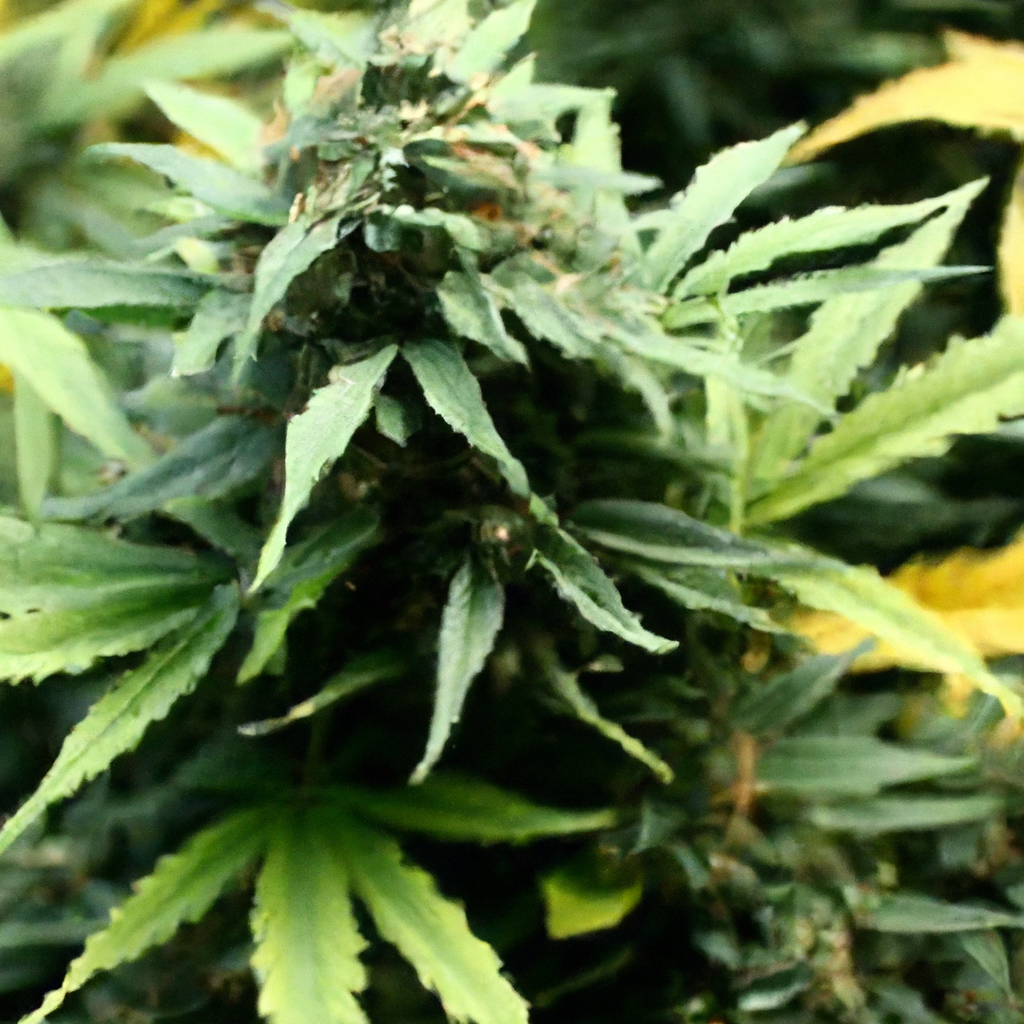
As the demand for eco-friendly cultivation rises, organic cannabis production is growing in popularity, supporting environmental health and yielding superior products. Key practices include enhancing soil ecosystems through compost, crop rotation, and mulching, while avoiding synthetic chemicals by using natural fertilizers and organic pest management. Promoting sustainability through water efficiency, energy conservation, and carbon sequestration…
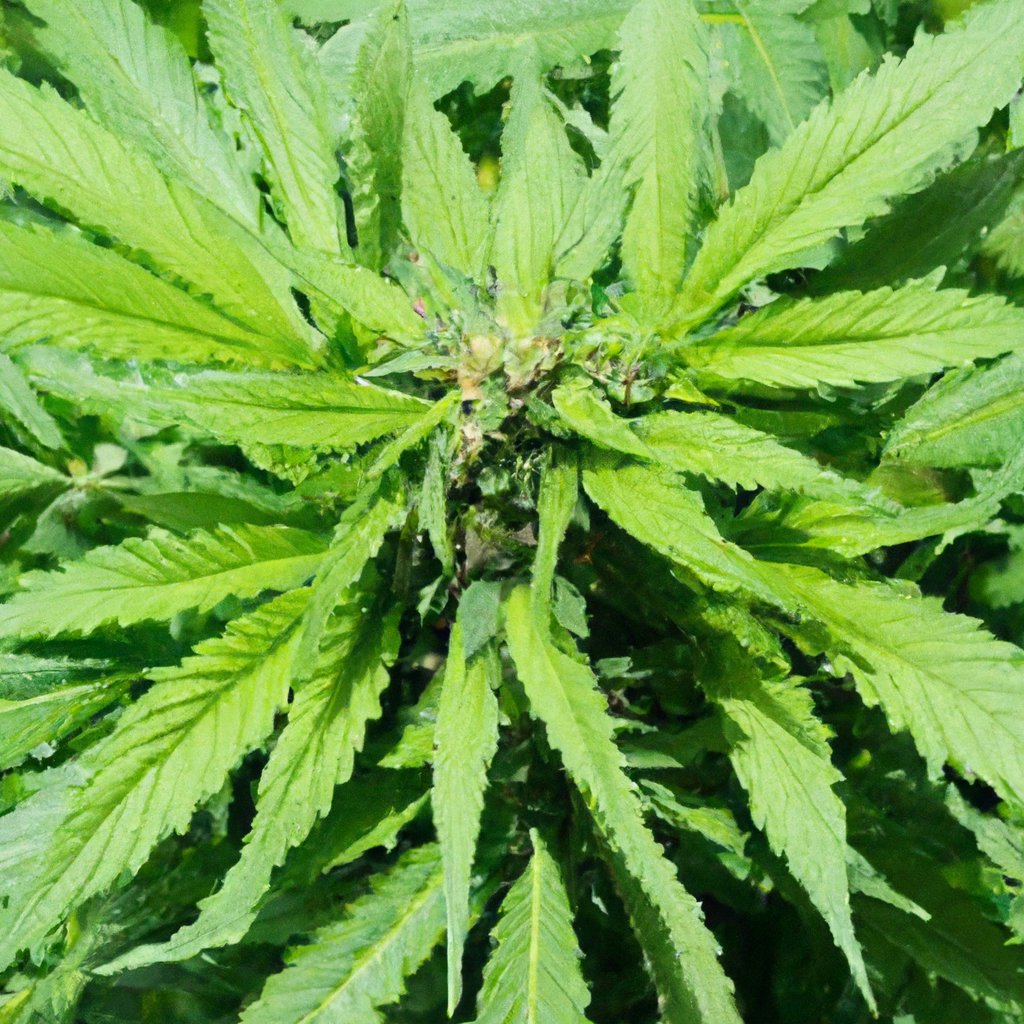
As the cannabis industry expands, many growers are adopting organic cultivation methods to enhance sustainability and crop quality. This approach involves using natural fertilizers, compost, and pest control to boost plant health and support environmental wellness. Key practices include building a robust soil ecosystem through composting, crop rotation, and mulching, nourishing plants with natural fertilizers…
This guide delves into the sustainable world of organic cannabis cultivation, highlighting the benefits for the environment and consumers. It emphasizes building healthy soil ecosystems using compost and beneficial microbes, maintaining pH balance, and opting for natural fertilizers like bone, blood, and kelp meals instead of synthetic options. Organic pest control strategies include using neem…
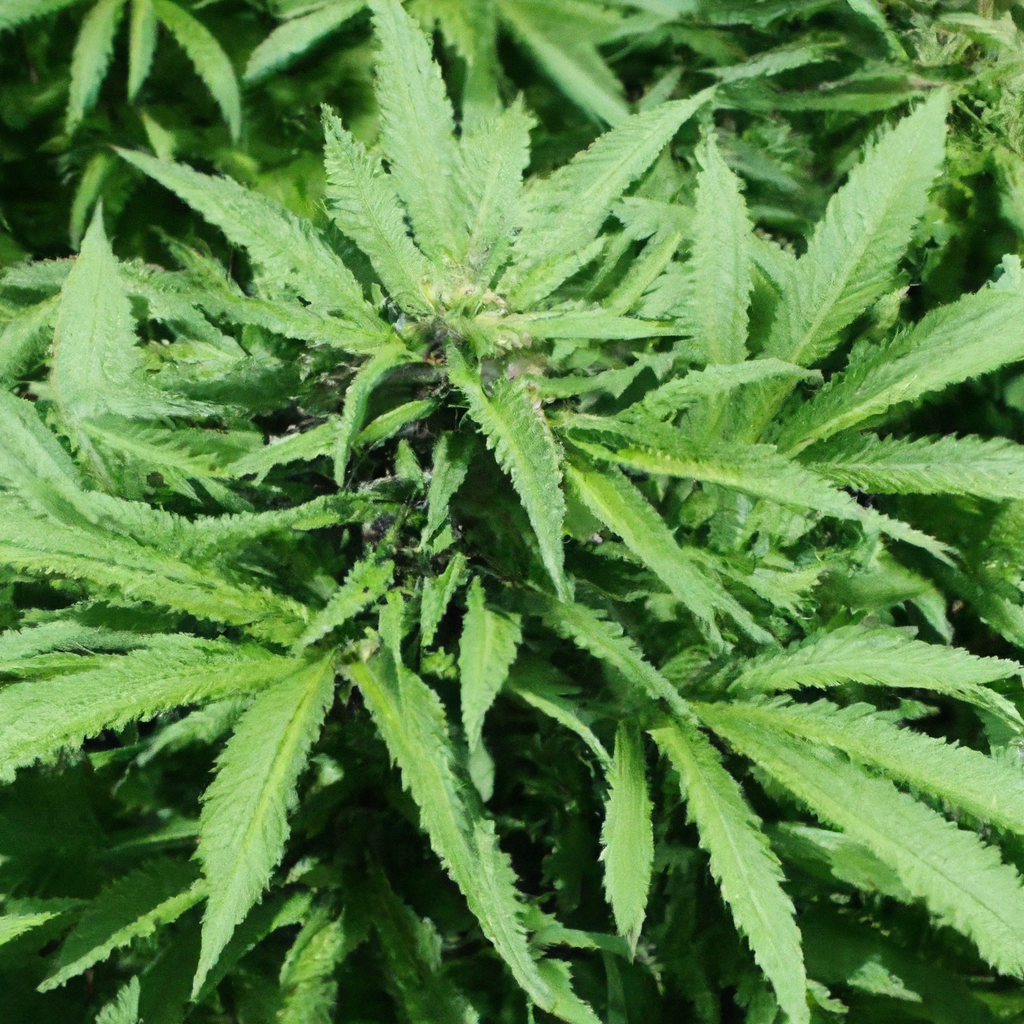
As cannabis cultivation progresses, there’s a rising focus on sustainability and environmental awareness. This article explores essential strategies for excelling in organic cannabis cultivation, highlighting the use of natural fertilizers, composting, and innovative pest control methods. Organic growing promotes plant health, soil fertility, and environmentally friendly practices. Key elements include using natural fertilizers like compost,…
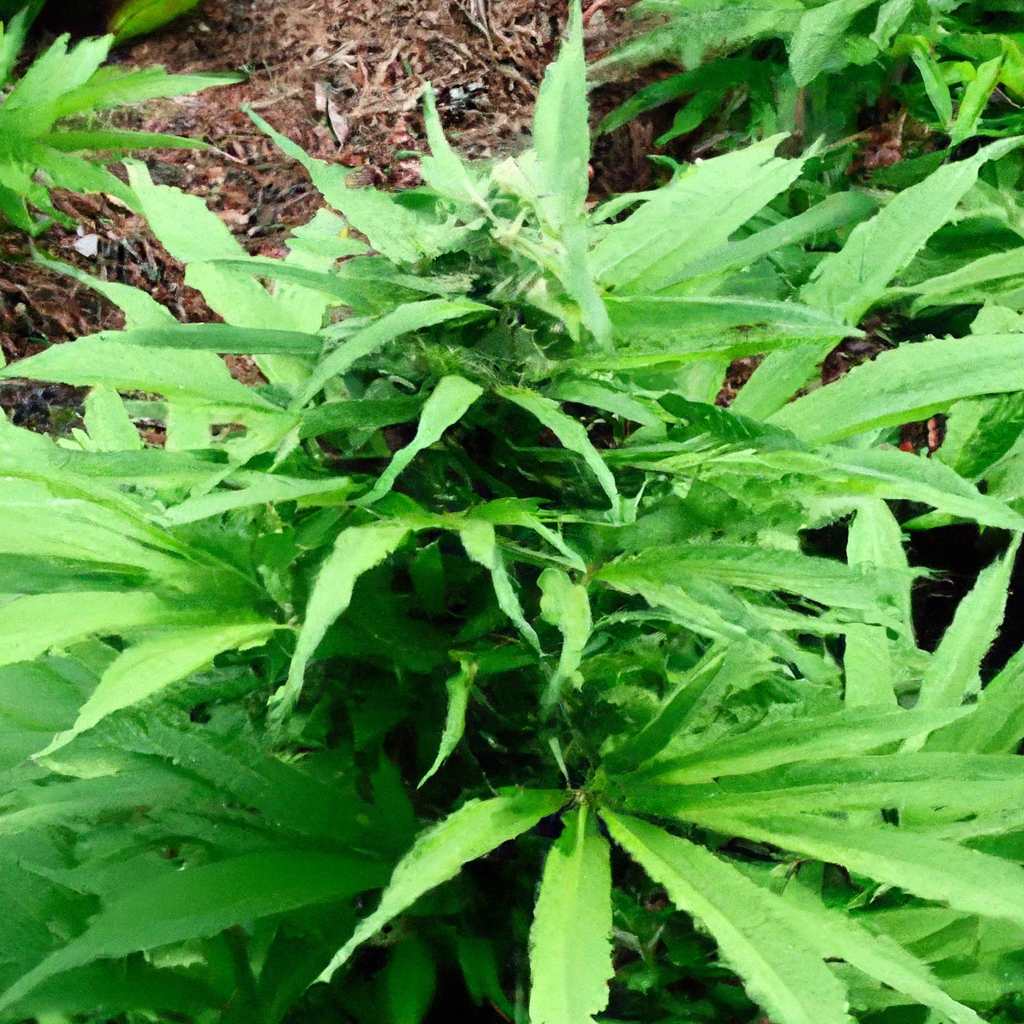
Organic cannabis cultivation offers a sustainable approach for quality yields by using natural fertilizers, compost, and organic pest control. Healthy soil ecosystems are essential, achieved through composting, cover cropping, and mulching. Natural fertilizers like bone meal and fish emulsion enhance plant health, while organic pest control utilizes beneficial insects and substances like neem oil. Promoting…
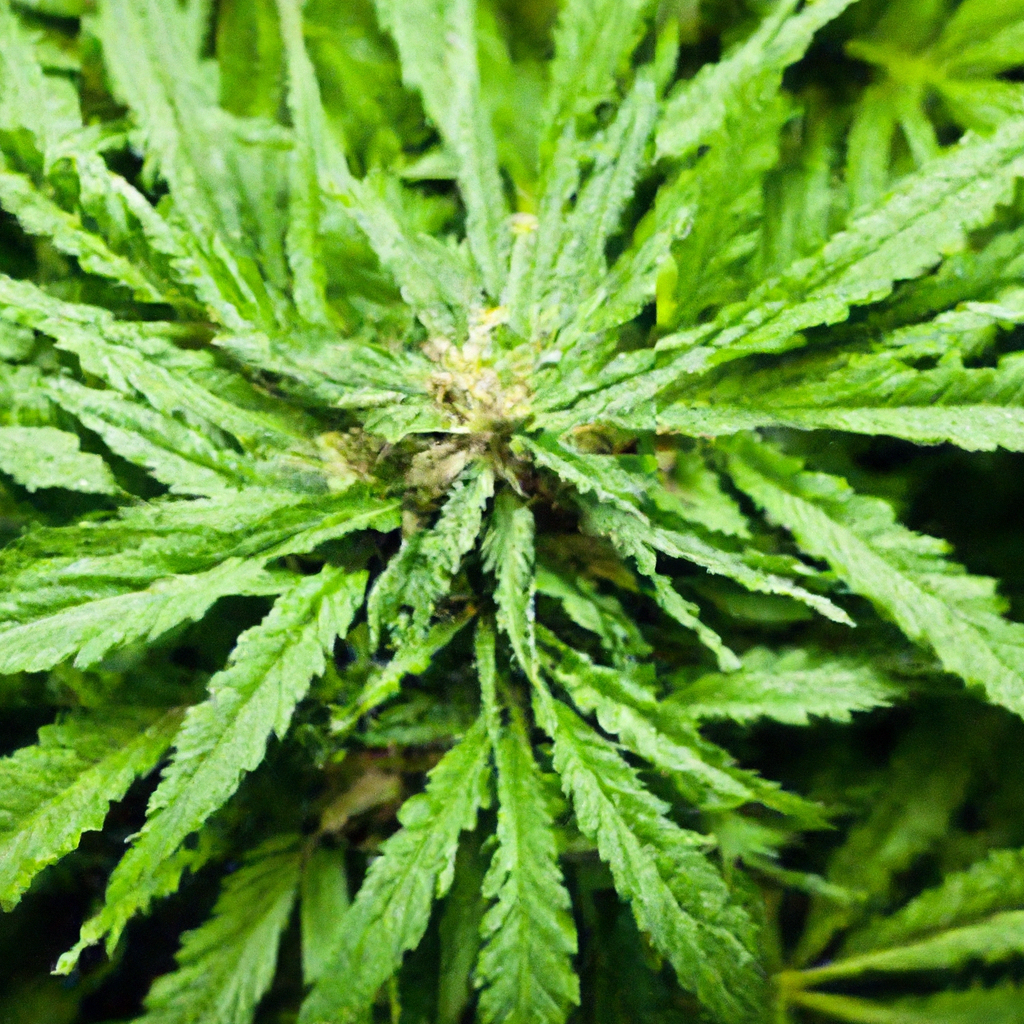
The rise of organic cannabis cultivation reflects a growing desire for eco-friendly and health-conscious agricultural methods. This guide explores best practices for mastering organic cannabis cultivation, focusing on natural inputs and processes. By using organic fertilizers, compost, and innovative pest management, growers can produce high-quality cannabis while maintaining environmental harmony. Benefits include healthier ecosystems, reduced…
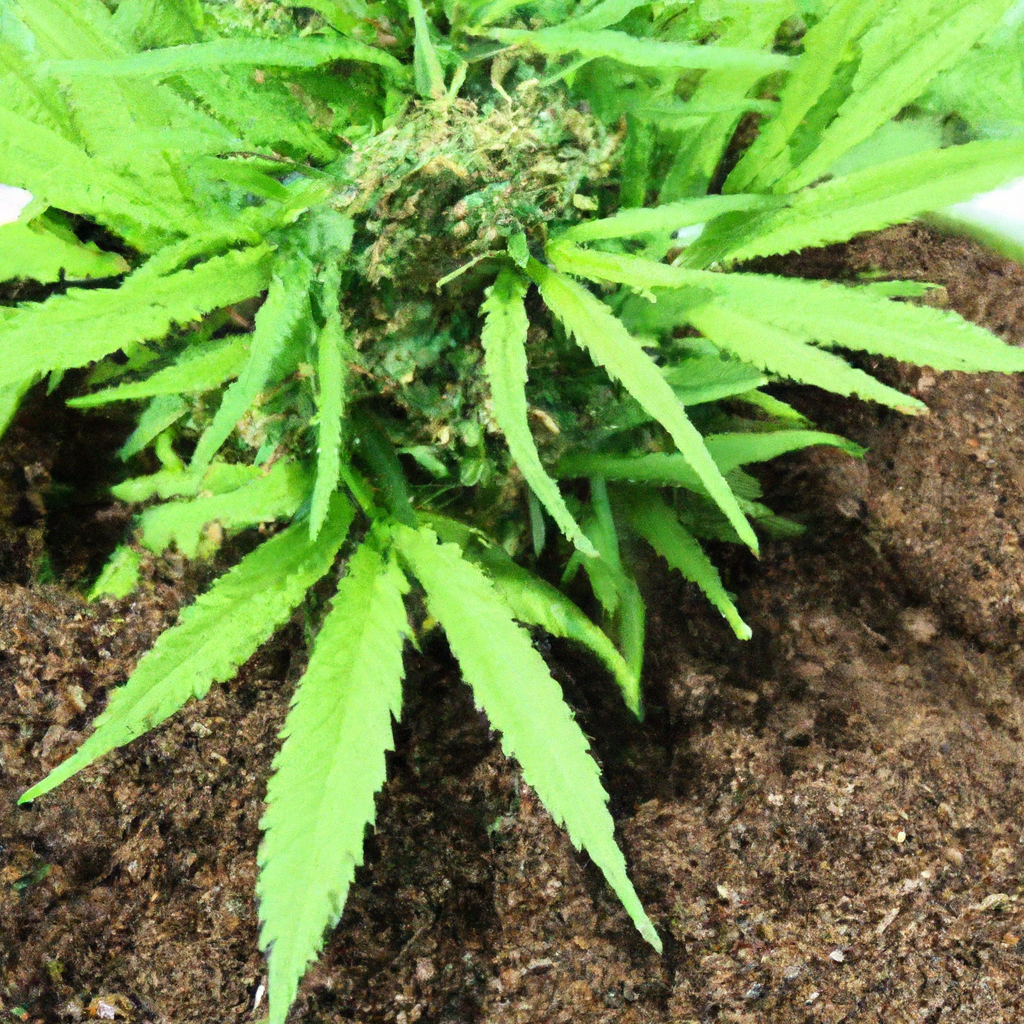
Organic cannabis cultivation merges nature’s wisdom with sustainable practices by utilizing natural fertilizers, compost, and eco-friendly pest control. This approach enriches the environment and enhances cannabis quality without synthetic chemicals. Key practices include building robust soil ecosystems through composting and natural amendments, employing sustainable pest management with beneficial insects and companion planting, and using natural…
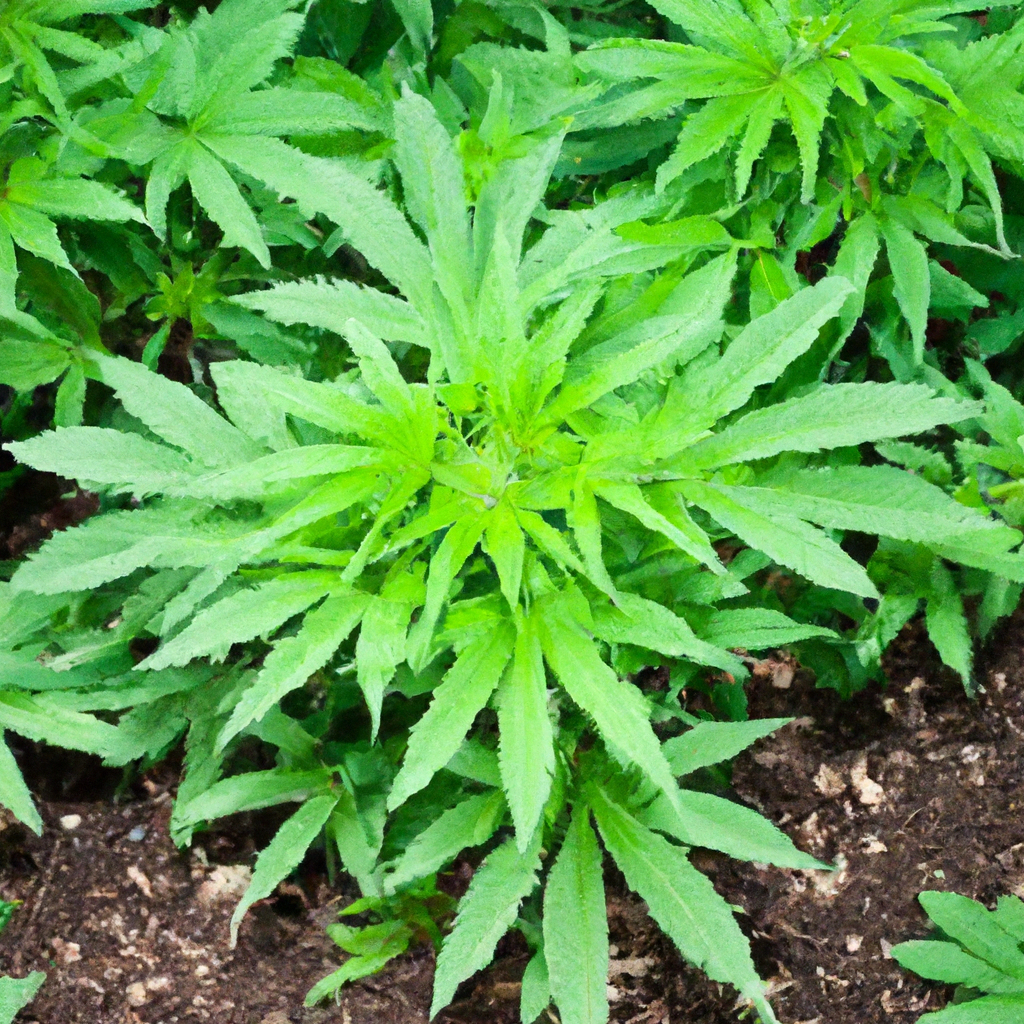
Organic cannabis cultivation is a sustainable approach that enhances soil ecology, naturally improves pest control, and promotes ecological balance. By building a thriving soil ecosystem through compost integration, cover cropping, and mulching, growers can boost plant health and cannabinoid production. Natural fertilization methods, such as using animal and plant-based amendments and fermented plant juices, provide…
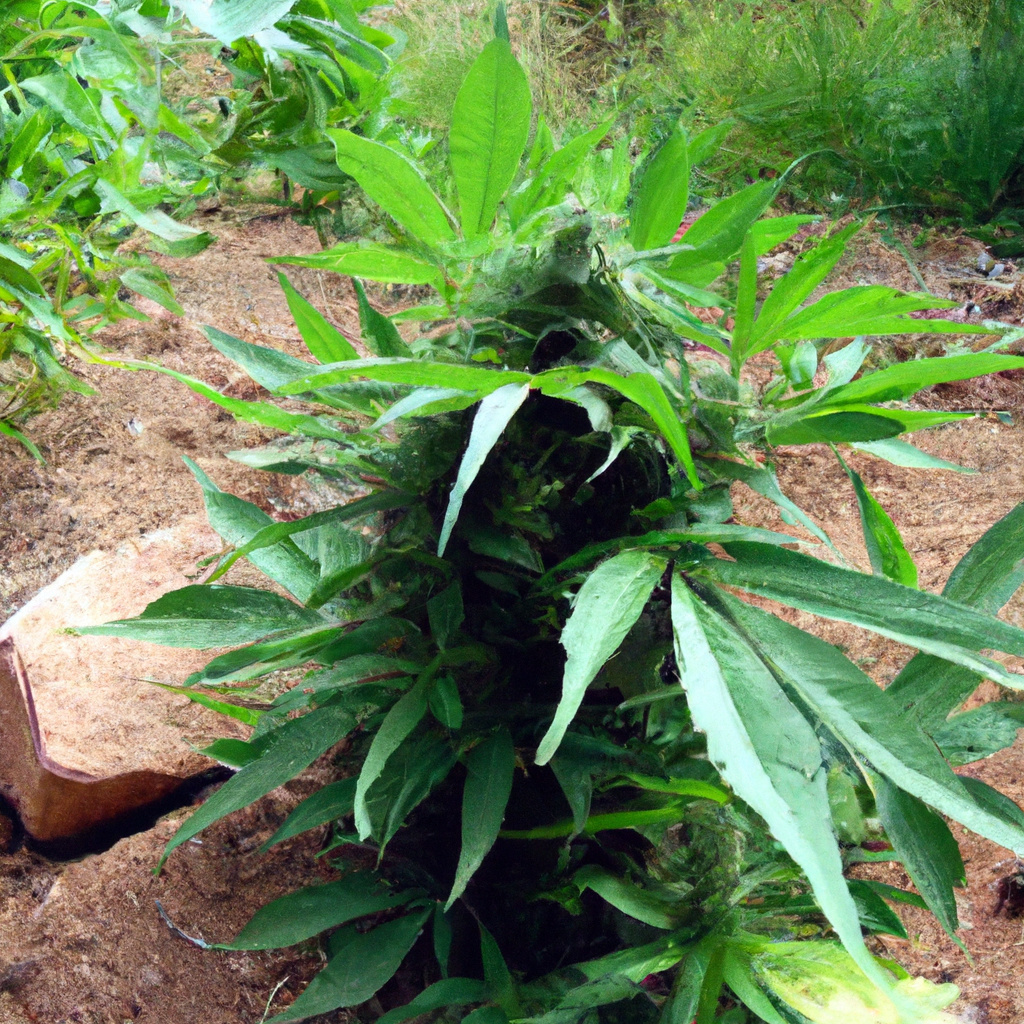
Organic cannabis cultivation, gaining popularity for its environmental benefits and high-quality yields, emphasizes sustainable practices and natural resources. Key elements include building a healthy soil ecosystem through composting, cover cropping, and mulching; utilizing natural fertilizers and pest control with organic inputs and beneficial insects; and employing sustainability measures like water conservation and renewable energy. The…
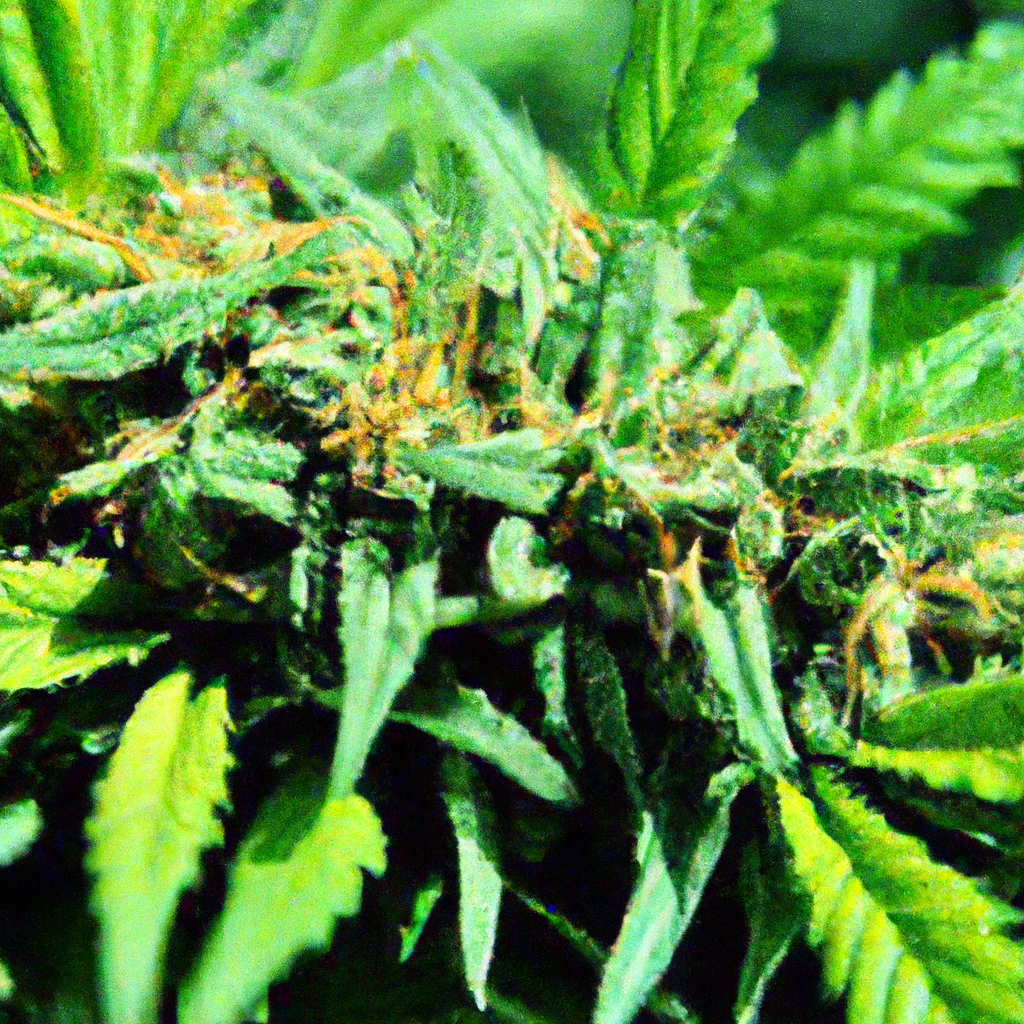
As consumer demand for eco-friendly products rises, organic cannabis cultivation stands out as both sustainable and profitable. This approach emphasizes natural fertilizers, composting, and effective pest control, fostering a thriving ecosystem beneficial to both the environment and consumers. Key practices include enhancing soil health through composting and natural fertilizers, utilizing natural pest control with beneficial…
